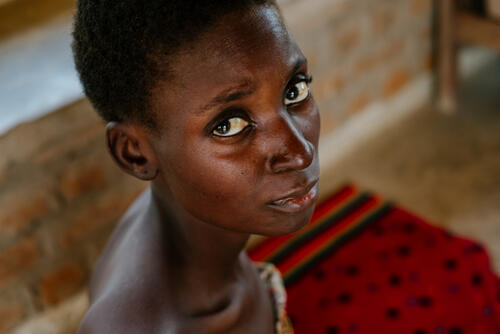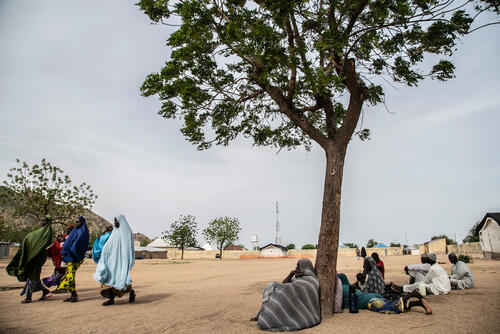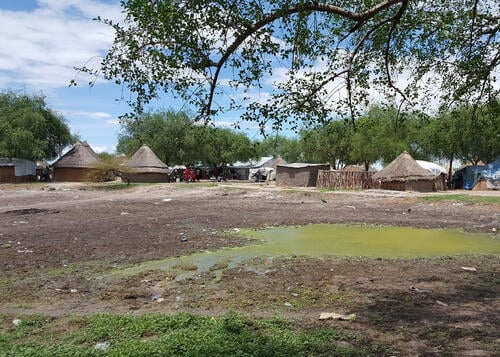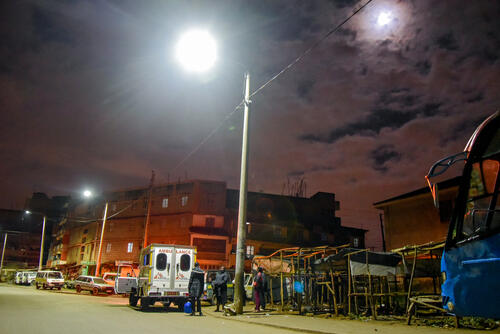"No time to lose", a new report published by Médecins Sans Frontières (MSF), reveals that hundreds of thousands of people are still dying of AIDS because countries are not sufficiently equipped to prevent, detect and treat it.
Governments have been slow to adopt WHO guidelines recommending easy-to-use rapid tests to assess the status of people's immune systems and to diagnose the most common and deadly opportunist infections such as tuberculosis and cryptococcal meningitis.
The report covers 15 countries in Africa and Asia and presents a dashboard of where countries are in terms of policies, implementation and funding to address advanced HIV, which killed 770,000 people worldwide in 2018.
MSF developed the Advanced HIV Disease (AHD) Dashboard to document the policy implementation progress of AHD management across 32 countries. The AHD Dashboard is a tool to track and monitor national policy status and further its translation into practice by focusing on factors that aid effective implementation. These include adoption of WHO’s Guidelines for managing advanced HIV disease and rapid initiation of antiretroviral therapy at country level, provision of AHD package of care, resourcing for diagnostic and treatment products for advanced HIV.
The 15 countries whose progress is highlighted in this report are: Central African Republic, Democratic Republic of the Congo, eSwatini, Guinea, India, Kenya, Lesotho, Malawi, Mozambique, Myanmar, Nigeria, South Africa, South Sudan, Uganda and Zimbabwe.
These countries were selected because of their high HIV burden, AIDS related deaths, and proportions of morbidity and mortality due to TB and Cryptococcal meningitis. They are also countries where MSF works to implement HIV/TB projects including for patients with advanced HIV disease projects.
From November 2018 to October 2019, we tracked the progress of the above-mentioned countries by conducting a desktop review of each country’s national policy documents, primarily national guidelines. The data was verified by MSF in-country offices. In addition, MSF, in partnership with CDC Foundation, sent a mapping questionnaire to the 15 MSF country offices to give more granular information and asked to share these with their Ministry of Health counterparts in order to participate in completing the mapping questionnaires.
This report is a work in progress on the monitoring of country adaptation and implementation of AHD packages of care and form a baseline from which subsequent updates and reports can be developed in the future.






